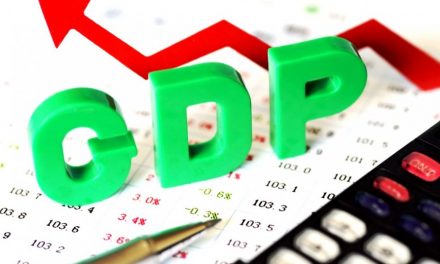
Households drowning in high debt

According to the latest private sector credit extension (PSCE) report, household debt has increased by 195% over a decade, while on the other hand, per capita household income adjusted for inflation has been on a downward spiral since 2007, declining by 13.8%.
GDP per capita at market prices continued to grow by 24.4% over the same period, indicating that debt has been the grease to the wheels of the economy.
“Households are most likely to have difficulty repaying debt and sustaining consumption. We believe that the low consumer confidence is partly driven by highly indebted businesses and consumers coupled with over-regulation of many industries,” Indileni Nanghonga, Junior Analyst at Simonis Storms Securities said.
Nanghonga added that real GDP, consumption, employment and housing prices initially react positively to increases in household debt. However, he stressed that after a number of years, the dynamic relationship between debt, GDP, consumption and employment turns negative.
“Thus, we believe that highly indebted households coupled with government consolidation will keep the GDP growth on a lower gear for the next two years,” Nanghonga noted.
Slowing PSCE can be attributed to sluggish appetite for credit by corporates, specifically through loans and advances, overdrafts and instalment credit facilities.
Meanwhile, PSCE increased at a slower pace of 5.2% year on year at the end of October 2017 compared to 10.1% recorded in the prior year. Slowing PSCE can be attributed to sluggish appetite for credit by corporates, specifically through loans and advances, overdrafts and instalment credit facilities.
Furthermore, domestic public debt increased by 315.8% over a decade to N$45.9bn at the end of November 2017. Government, which is 45% of the economy has been forced to change fiscal policy to fiscal consolidation over the MTEF, while the Private Sector, which is 55% (33% individuals, 22% corporates) of total debt is experiencing challenges and is entangled with high debt.
This is forcing pressure on economic growth, employment and demand for goods and services. Meanwhile, it also explains why bank liquidity is directed to the capital market rather than reflected through PSCE.
“We expect PSCE to remain sluggish, and high levels of debt coupled with weaker disposable income of households to keep GDP lower,” Nanghonga concluded.












































